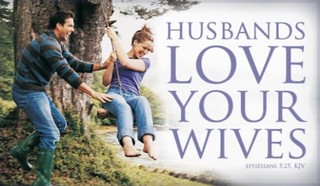
- Recent Translations
- All Translations
Kehillah in Ephesus 5:1
Share
Settings
Kehillah in Ephesus 5:1 Meaning and Commentary
Be ye therefore followers of God
Not in his works of infinite wisdom and almighty power, which is impossible; but in acts of righteousness and holiness, and particularly in acts of mercy, goodness, and beneficence; as in forgiving injuries and offences, and in freely distributing to the necessities of the saints; as the connection of the words with the preceding chapter, and the instance and example in the following verse show: and this should be done by the saints,
as dear children;
and because they are such by adopting grace; being predestinated unto the adoption of children, in the eternal purpose of God, and taken into that relation in the covenant of grace; and which is declared and made manifest in regeneration, and by faith in Christ Jesus: and they are dear, or beloved children, being loved with an everlasting and unchangeable love, and which is the spring and source of their adoption; and their being dear to him is seen by what he is unto them, their covenant God and Father; and by what he has done for them, in giving his Son to them, and for them; as well as in choosing, calling, and quickening them by his grace, and by the account he makes of them, as his jewels, his peculiar treasure, and the apple of his eye; and by the pity and compassion he has for them, and the care he takes of them; and therefore it becomes them to imitate him; for who should they imitate and follow after, but their Father, and especially when they are so dear unto him?
